
Foods That Increase Blood Flow & Circulation
Foods That Increase Blood Flow & Circulation Table of Contents Poor circulation is a prevalent issue triggered by various conditions. Peripheral artery disease (PAD), diabetes,
Frequent tingling in the legs can be more than simply a little annoying. You might start to worry about the cause of this sensation and whether it is dangerous to your health. Our vein specialists tell you everything you need to know about tingling in the legs including the common causes and what this means for your health.
We’ve all felt it, that familiar tingling, numbing feeling in the leg after you’ve been in the same position for too long, also known as pins and needles. But there are a number of other causes for tingling in legs that you may not be aware of, especially if you are experiencing the feeling on a regular basis. So what is tingling in legs a symptom of?
Tingling in the legs is a sure sign of poor blood circulation, but the root causes of this can vary from lack of exercise to more serious conditions. Some of these causes include:
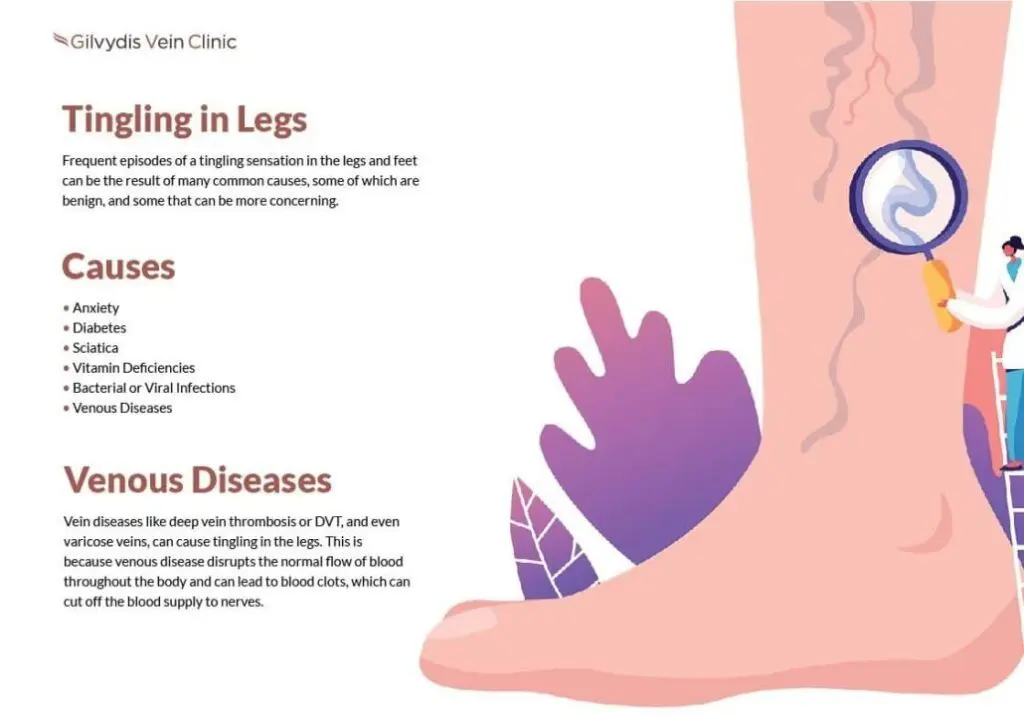
If you only experience this tingly uncomfortable feeling in legs occasionally, it might only be due to the way you are sitting.
However, frequent episodes of a tingly uncomfortable feeling in legs and feet can be the result of many common causes, like poor circulation. Some causes of tingling in legs are benign, and some can be more sinister in nature. Let’s dive into the causes of tingling in the legs.
Tingling sensations in the legs, often described as “pins and needles,” can be more than just a temporary discomfort. Causes for symptoms include:
When you sit for a long time, especially with your legs crossed, you put pressure on your nerves and blood vessels, which can limit blood flow and cause tingling in lower legs and even a numb feeling in legs. The nerves and blood vessels can also become compressed, leading to further discomfort.
People who suffer from anxiety can have some symptoms that vary wildly in frequency, duration, and severity. Anxiety triggers the body’s “fight or flight” response, which prepares the body to respond to perceived danger. This response can cause a variety of physical symptoms, including tingling or numbness in the extremities, such as the legs.
Caused by damage or pressure on the sciatic nerve, the tingling, pain, or numbness sciatica can cause usually starts in the buttocks of the affected leg and travels down the leg to the ankle and sometimes into the foot. It usually only affects one leg at a time and is generally treated with anti-inflammatory medications and physical therapy.
Many infectious diseases can cause damage to the nerves in the body resulting in severe complications and symptoms such as numbing feelings in the leg. Some of these infections include:
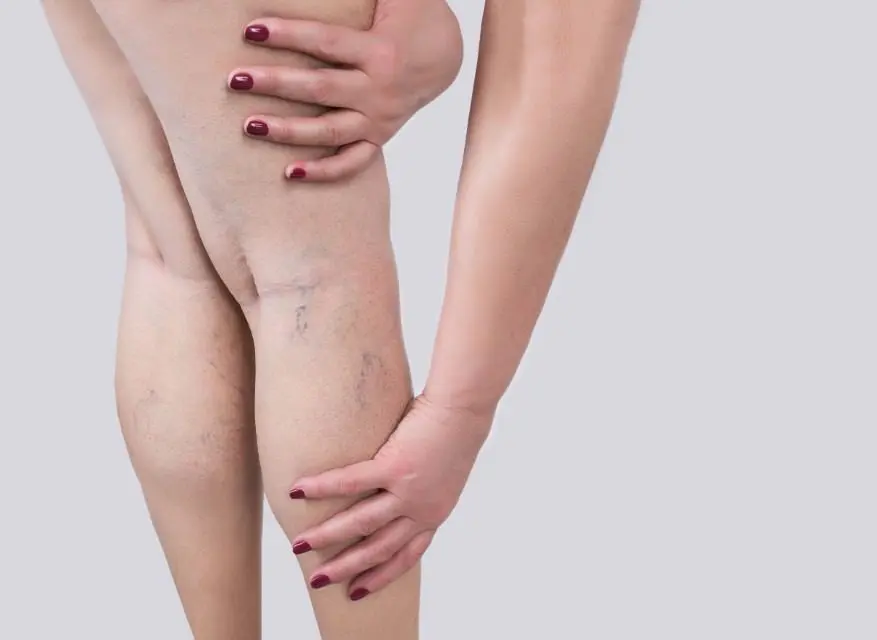
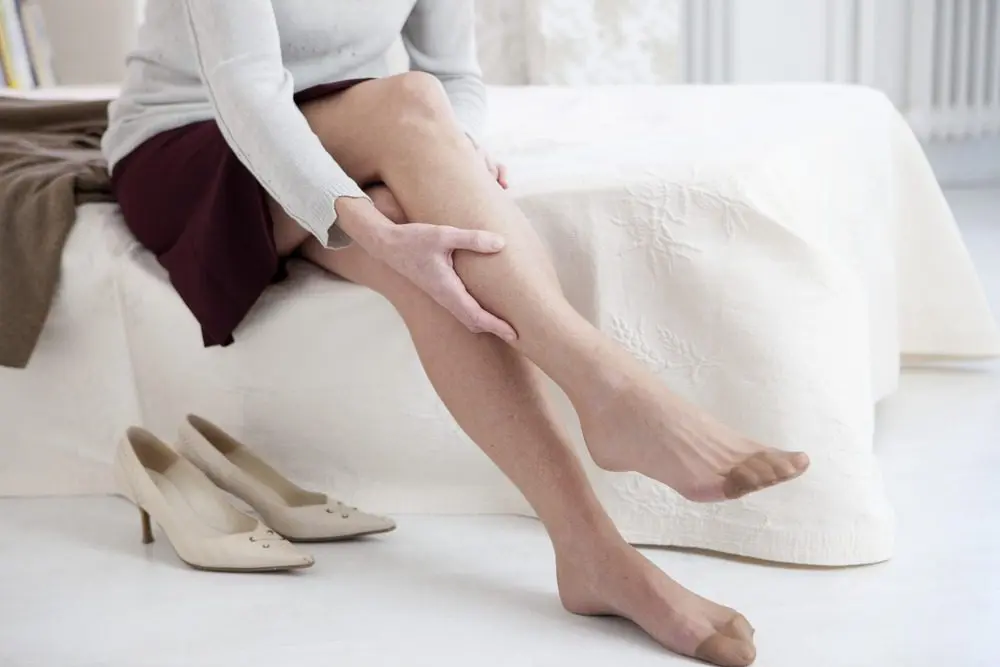
Diabetes is the perfect example of how systemic disease can cause a tingling feeling in the legs. Many people with lifelong diabetes or uncontrolled adult-onset diabetes suffer a complication known as diabetic neuropathy, which typically starts with a weird sensation in legs and feet, and can progress to the arms and hands.
Another common condition that can lead to tingling in legs is restless leg syndrome. Characterized by an irresistible urge to move legs, this neurological disorder is often accompanied by uncomfortable sensations in legs such as tingling, itching, and discomfort at rest.
Many vitamin deficiencies can cause tingling in lower legs and the extremities. A Vitamin B12, or cyanocobalamin, deficiency is the most notable of these and can lead to pernicious anemia, which can cause peripheral neuropathy. Other vitamin deficiencies that can cause tingling and similar symptoms in the extremities include:
An electrolyte imbalance can also cause a leg tingling sensation. Potassium, calcium, magnesium, and sodium are the four main electrolytes that carry an electrical charge and help regulate nerve impulses.
“The staff is wonderful. They are so easy to talk to and answered all my questions. They make you feel like your family. Dr. Gilvydis is very compassionate and funny. He and his staff work so well together.”
Jodi – Geneva, IL
“Dr. Gilvydis and his entire staff are amazing! Very professional and helpful along the way. Answered all my questions and made the process so easy. I would without a doubt, recommend Gilvydis Vein Clinic to anyone!”
Mary J. – Geneva, IL
“Truly positive experience. My family doctor highly recommended procedures through Gilvydis Clinic. Happy I did not have to wait weeks for an appointment.”
Christina – Naperville, IL
Vein diseases like deep vein thrombosis or DVT, and even varicose veins, can also cause this tingly, uncomfortable feeling in legs. If a patient is concerned that they have DVT, call 911 or go directly to a hospital for a professional diagnosis.
This is because venous disease disrupts the normal flow of blood throughout the body and can lead to blood clots, which can cut off the blood supply to nerves. For example, deep vein thrombosis is a blood clot that forms in the deep veins of the leg. DVT can be large enough to put pressure on surrounding nerves, or cut off blood supply to the nerves causing tingling in legs, numbness, and even sharp pain. DVT can be a dangerous condition if left untreated. A piece of the clot can break away and travel to the lungs leading to a pulmonary embolism, which can be deadly. Call your doctor immediately if you notice any of the following symptoms:
A tingling feeling in the legs and feet is often caused by nerve compression, poor circulation, or prolonged pressure on a limb. Conditions like sciatica, diabetes, or vein disease can also be underlying causes.
If numbness or tingling occurs frequently, lasts a long time, or is accompanied by weakness or swelling, it may be a sign of a more serious issue like nerve damage or vascular disease. It’s best to seek medical evaluation.
Yes, reduced blood flow can lead to tingling or numbness, especially in the lower extremities. Chronic venous insufficiency and varicose veins are common circulatory issues that may contribute to these symptoms.
Not necessarily. While nerve damage can cause persistent pins and needles, temporary sensations often result from pressure on a nerve or poor posture. Repeated or unexplained episodes should be checked by a doctor.
Yes, staying in one position for a long time can compress nerves or restrict circulation, leading to tingling. This is usually temporary and resolves when you move or adjust your position.
Chronic tingling may be related to diabetes, vitamin deficiencies, multiple sclerosis, or peripheral neuropathy. A proper diagnosis is key to understanding the root cause and finding effective treatment.

Foods That Increase Blood Flow & Circulation Table of Contents Poor circulation is a prevalent issue triggered by various conditions. Peripheral artery disease (PAD), diabetes,
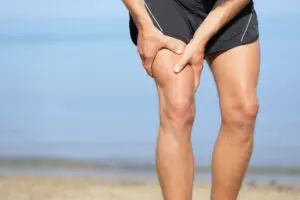
Numbness in the Thigh – Causes, Symptoms & Treatments Realizing that there’s numbness in your thigh can be scary. However, there’s not always a reason
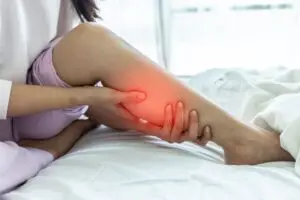
What Causes Leg Pain at Night? If you’ve ever experienced the discomfort of leg pain when lying down at night, you’re not alone. Many people
Whether you’re seeking relief from discomfort or looking to restore your confidence, Gilvydis Vein Clinic offers safe, fast, and effective varicose vein surgery solutions. Our expert team is here to guide you every step of the way—from diagnosis through recovery.